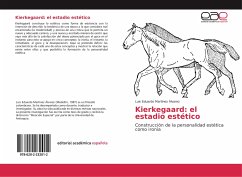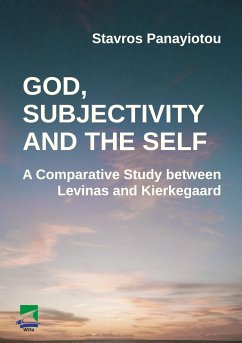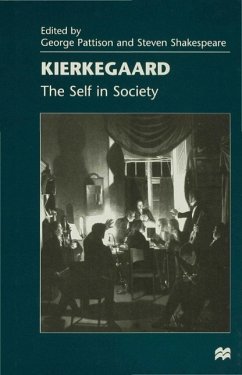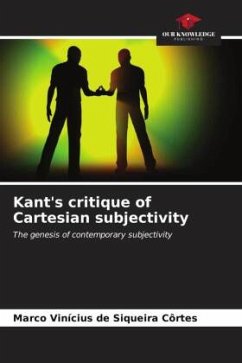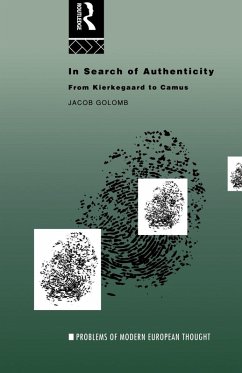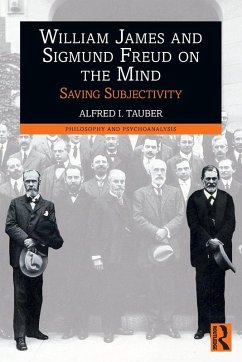
Kierkegaard: Truth and Subjectivity
Versandkostenfrei!
Versandfertig in 6-10 Tagen
33,99 €
inkl. MwSt.

PAYBACK Punkte
17 °P sammeln!
This book proposes that Kierkegaard's philosophic reflection is initially substantiated within the counter-Enlightenment insight that objective knowledge does not give the human being either promise or living resemblance of truth. This, on the book's view, is another profound way of saying that, on Kierkegaard's viewpoint, the human person could never be characteristically (i.e., in affection and inwardly) transformed as a person without the subjectively holistic realization that the living truths that he knows he should know existentially. This- in a less complicated phrasing perhaps- means t...
This book proposes that Kierkegaard's philosophic reflection is initially substantiated within the counter-Enlightenment insight that objective knowledge does not give the human being either promise or living resemblance of truth. This, on the book's view, is another profound way of saying that, on Kierkegaard's viewpoint, the human person could never be characteristically (i.e., in affection and inwardly) transformed as a person without the subjectively holistic realization that the living truths that he knows he should know existentially. This- in a less complicated phrasing perhaps- means that all truths, if they are to bear any meaningful fruits within the self of the person,should, on this book's view of Kierkegaard's philosophic stand, be his/her own truths in a certain self-embodied or personally incarnate manner. And that for these 'truths' to be so the human self should be transformed by them in a way that leaves no part of that self existing outside of them.



